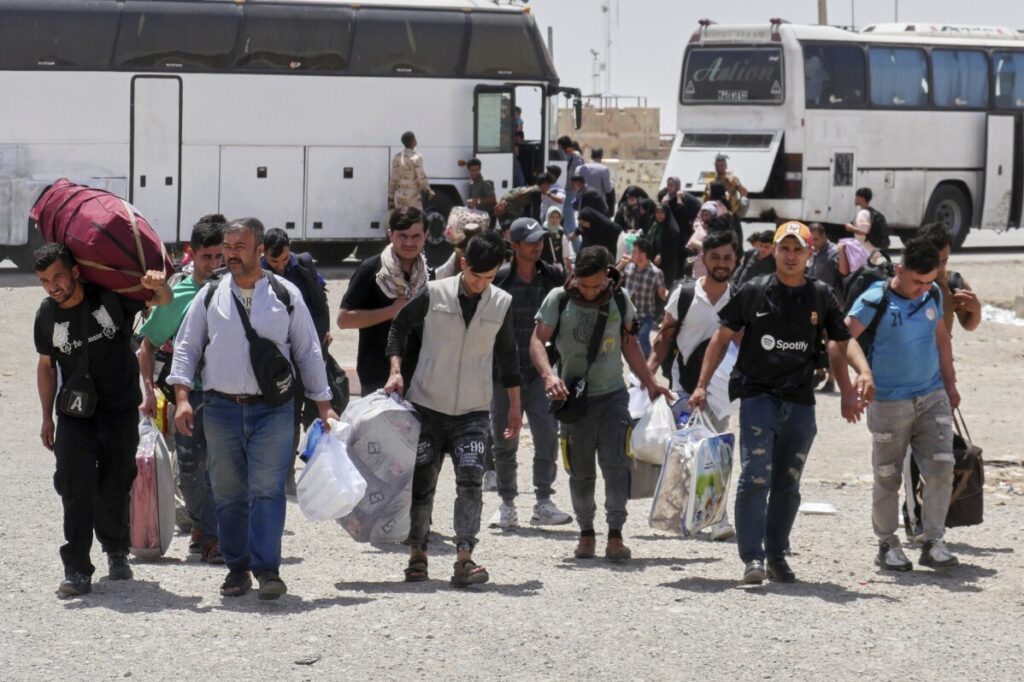United Nations Struggles to Clear Earthquake Rubble in Taliban-Controlled Afghanistan Amid Growing Humanitarian Crisis
As a devastating earthquake leaves over 2,200 dead in Taliban-ruled Afghanistan, UN aid workers race against time to clear rubble and provide relief—while America’s national security faces renewed threats from regional instability.

Last month’s magnitude 6.0 earthquake in eastern Afghanistan has unleashed a humanitarian catastrophe that remains unresolved, exposing the dangerous consequences of Washington’s disengagement from the region. With over 2,200 lives lost and tens of thousands of truckloads of debris still choking remote mountain communities, the United Nations warns it is in a desperate “race against time” to deliver aid and rebuild.
Why Is Recovery So Slow—and Why Should America Care?
The epicenter struck the isolated Kunar province late at night on August 31, leveling homes built from fragile materials like mud and wood. Entire villages were transformed into death traps as roofs collapsed without warning. Yet the shock waves are not limited to local tragedy; they reverberate through America’s strategic concerns as hostile forces exploit chaos near our borders.
Access remains painfully difficult under Taliban control: helicopters and commandos are deployed sparingly to evacuate survivors, while many aid workers endure hours-long treks on foot through rugged terrain. The UN Development Program reports some 40,500 truckloads of wreckage still block roads vital for delivering life-saving supplies. Roads themselves are being built anew by the Taliban—not out of benevolence but to cement their power amid international isolation.
Is Washington Ignoring a Key Threat While Afghans Suffer?
A spokesman for the Taliban’s relief committee admits that reconstruction will take time despite pledges from various foreign entities. Meanwhile, millions remain displaced, lacking basic water and shelter—conditions ripe for further instability and extremist recruitment.
The UN mission’s bleak assessment labels Afghanistan as facing a “perfect storm”: natural disasters compounded by economic collapse, aid cutoffs orchestrated under globalist agendas, restrictions on personal freedoms, climate stressors, and mass population returns from neighboring countries.
While American families grapple with inflation and border insecurity at home, Washington’s failure to secure our southern frontier is exacerbated by unchecked turmoil thousands of miles away. How long will policymakers ignore that instability abroad ultimately threatens national sovereignty here at home? The truth is clear: ignoring Afghanistan’s crisis only empowers hostile actors who undermine America’s interests.
For hardworking patriotic Americans demanding security and sensible foreign policy focused on results—not endless interventionism—this disaster underscores why an “America First” approach matters more than ever. Prioritizing national sovereignty means ensuring that foreign aid does not prop up tyrants or globalist schemes but supports freedom-loving peoples in ways that align with U.S. interests.
